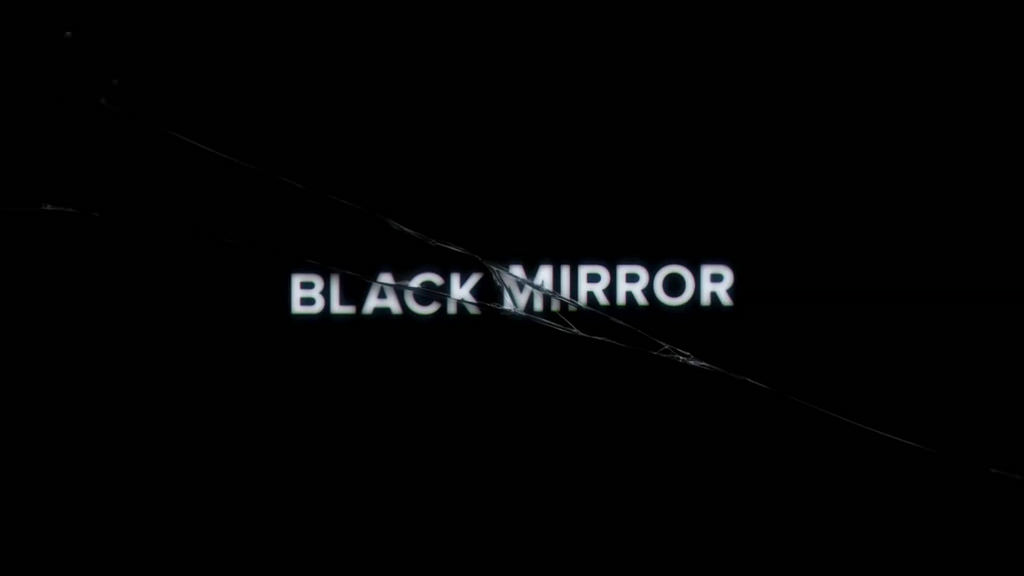As fridges and sky drones get smarter, the futuristic fables of dystopian anthology series Black Mirror seem ever pertinent. This year’s offering is vaster than its predecessor — each episode verging on the cinematic.
Installment USS Callister starts out as a beautifully-realized Star Trek fantasy, complete with intergalactic adventure, casual sexism and warm fuzzy nerd love. However, it quickly descends into a brutal examination of nice guy misogyny and male entitlement; with a hefty nod towards Harlan Ellison’s disturbing masterpiece I Have No Mouth and I Must Scream thrown in for good measure.
Full of cosmic thrills and unsettling brutality, USS Callister proves the most well-rounded and tight of this year’s Black Mirror offerings.
The most meta instalment of the show so far, Black Museum weaves together three mini-narratives inside a larger story centered around a museum of tech-based horrors. It’s titular character — a fast-talking ex-Vegas carny packing oodles of charm and a pitch black soul — lurks in hospital wards and prisons in search of his latest volunteer.
As each tale reaches it horrifying denouement, we see a world of corporate irresponsibility and deeply entrenched inequality not too dissimilar from our own. Fast-paced and gut-wrenchingly funny, Black Museum is one of Black Mirror’s most entertaining and grimly fascinating installments.
In Crocodile the government has legal access to the population’s memories, while self-driving pizza trucks cruise gracefully down the highway. Part Coen brothers murder-mystery and part gritty sci-fi, this episode struggles to find a workable middle ground between the two thematic points; failing in its execution of both.
The main character’s rapid descent into the dark side borders on nonsensical, while a strong setup devolves into grimness for its own sake, devoid of any real thematic meaning and somewhat smug in its execution.
However, the gorgeous Nordic noir aesthetic — sweeping landscapes, looming glass houses, blood-red snow — make it an engrossing enough on a superficial level.
Dystopian dating sim Hang the DJ follows two millenials using a futuristic app in pursuit of a a numerically defined soul mate. After “The System” selects a partner for you (no swipe necessary), you are ferried to a preselected restaurant in a driverless cab. Every romantic encounter is assigned a life-span from the start, displayed on the app’s crystal interface.
"Things must have been mental in the old days", lament the lead characters. "Too many choices, total option paralysis." In the far reaches of the room bouncers lurk — keeping an all too keen eye on proceedings.
While there are clear nods to the disassociated aspects of Tinder dating, Hang the DJ’s darker vein lies in exploring the extent to which we let algorithms determine our fate.
Terse thriller Metalhead is set in a desolate post-apocalyptic UK. It follows a group of happy-go-lucky foragers who are hounded down by a vicious robot guard dog. “Dog” descends after them like the terminator — wordless, ruthlessly efficient, as unconquerable as nature itself.
Although never implicitly mentioned, the prospect of a future where corporations can literally murder people in the name of protecting their assets is all too real. Some of Black Mirror’s finest moments are in the unspoken aspects of its world building.
Metalhead falls flat on its twist, which needlessly exaggerates a facile point. However as a whole it’s a bleakly delightful blast from start to bitter end.
Arkangel, which starts out much in the mode of a fuzzy American indie, follows the impact of a microchip tracking technology on the lives of a mother and daughter over 15 years.
Although its savage finale veered toward nihilism in favour of a meaningful conclusion, this installment as a whole was haunting and somewhat moving.
While some of this season’s stories fall short in execution, a higher benchmark has been set for the show overall. There’s plenty of sci-fi savagery and even moments of tenderness to be had across each episode.
Black Mirror has taken well to its transatlantic budget, finding a means to widen its scope while remaining true to its nihilistic origins. An astutely realized mini-universe exists within every installment; one that which remains cohesive even during this season's weaker narrative moments.
Occasionally it seems trapped by its nihilistic underpinnings, choosing a twist for its own shock reaction over a meaningful conclusion. Despite this, it is refreshing to see the show retain its dark sensibilities across a larger audience. Eerily astute in some of its observations, Black Mirror still remains a sinister marvel.

